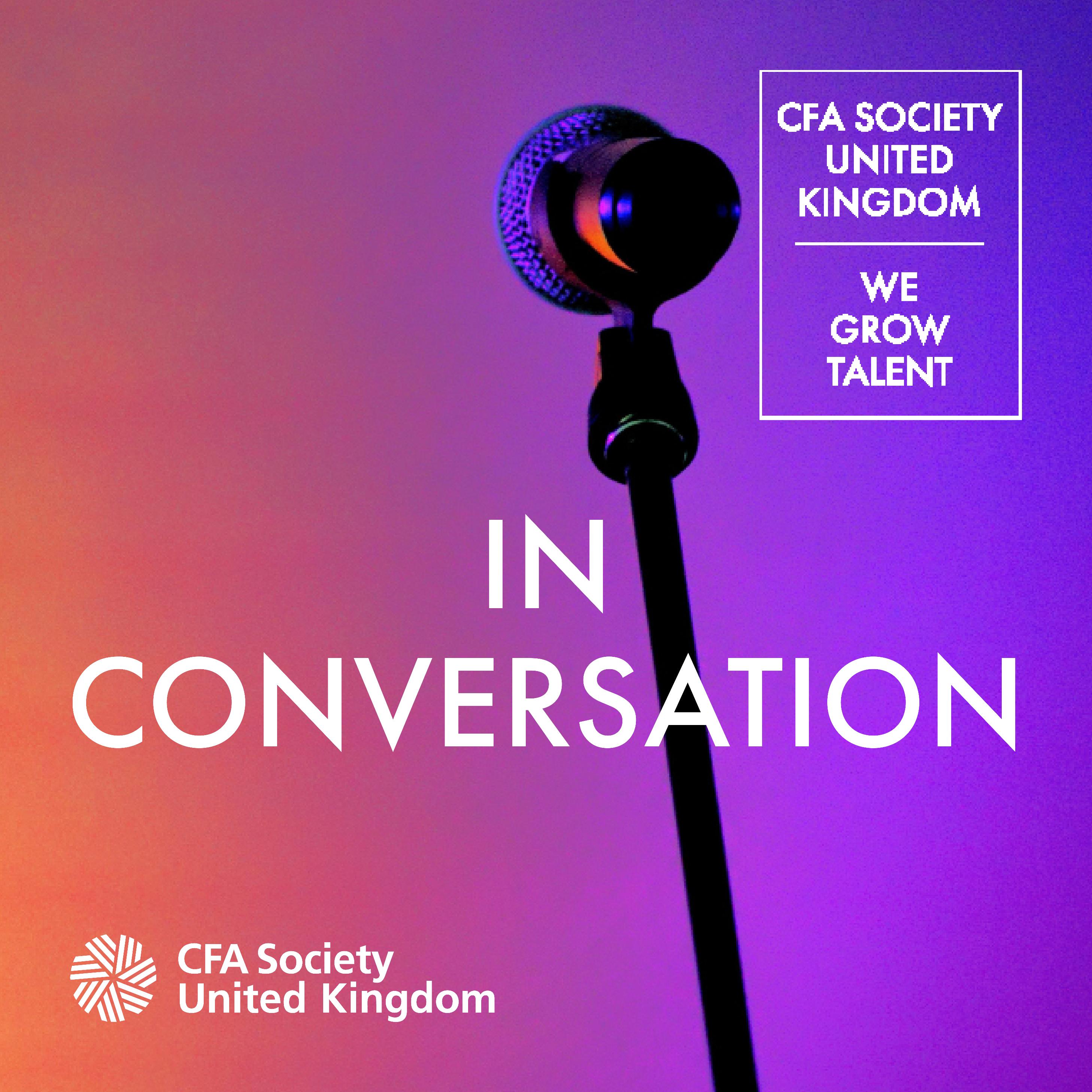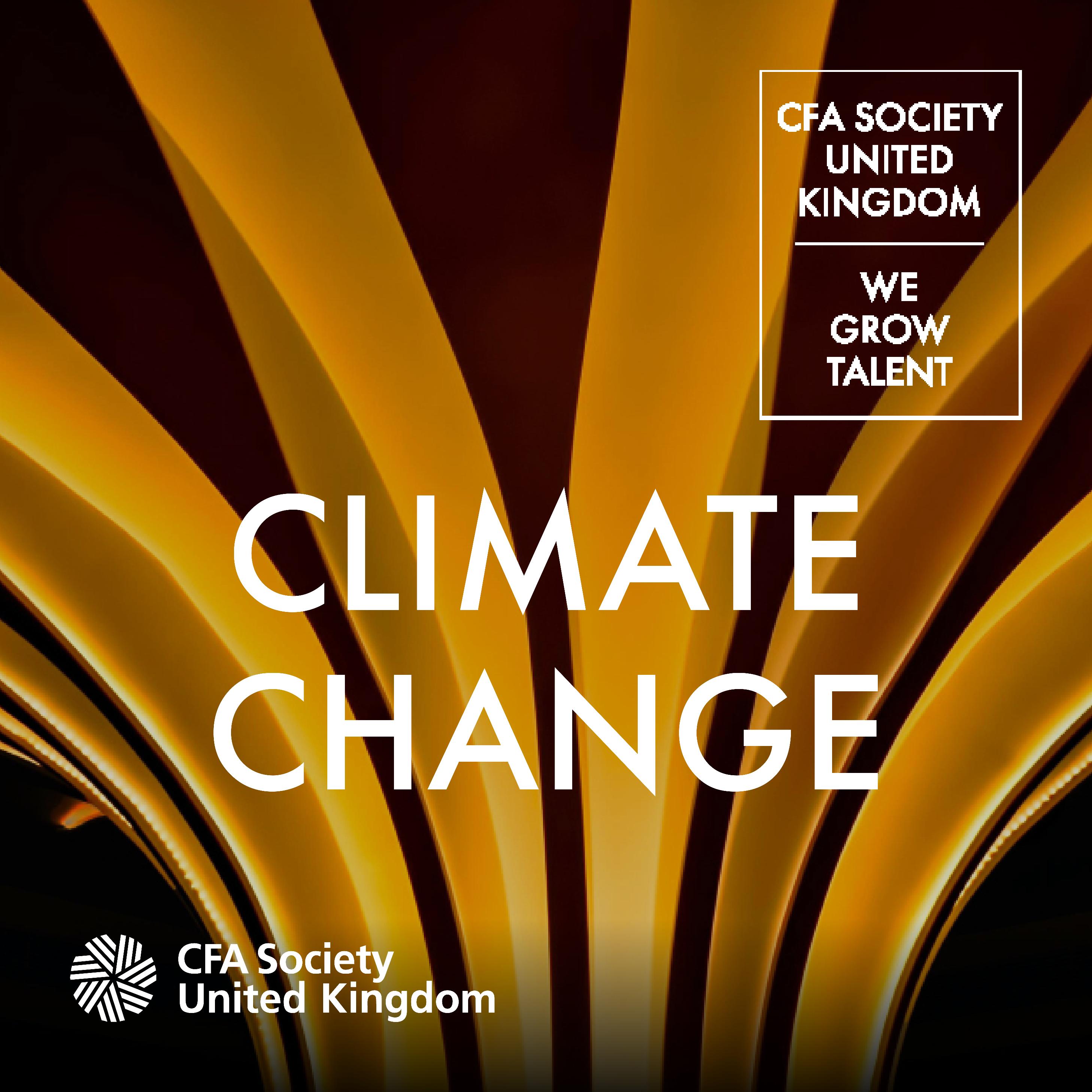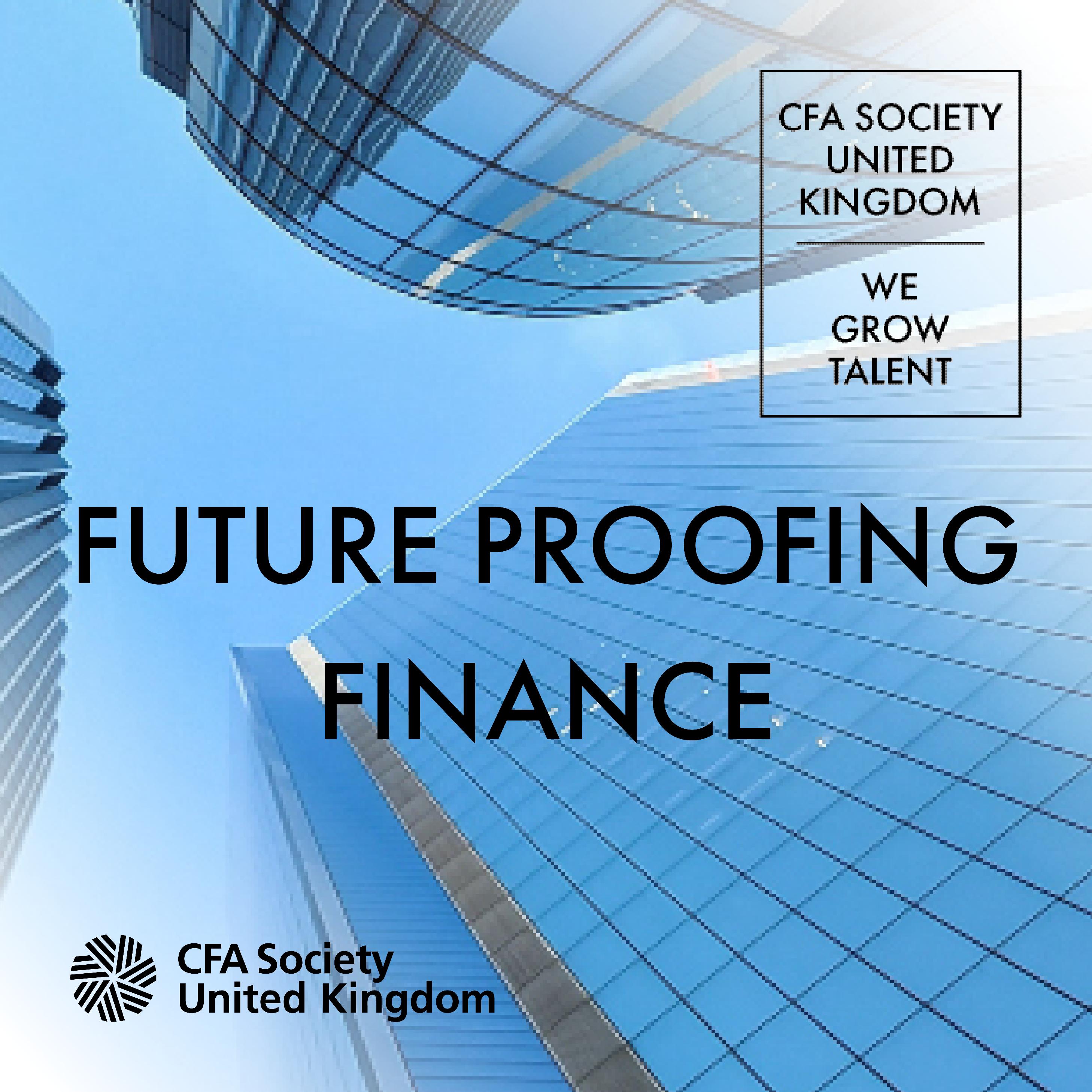PODCASTS
LISTEN AND LEARN
Hear what’s happening. Hosted by investment professionals, our podcasts cover topics that matter.

CUTTING-EDGE CONVERSATION
CFA UK podcasts cut through the noise. Hosted by investment professionals, each conversation inspires with incisiveness and insight. Hear our hosts interview topic experts on areas like climate change and innovation, and you’ll always hear a fresh perspective.
IN CONVERSATION
We’re always in conversation. The In Conversation podcast brings you the latest interviews with industry leaders on issues, interests, insights and its impact on the investment profession today. Catch up with our interviews to see what’s on investors’ minds, and what this means for you. CFA UK members keep an eye out in our newsletter to stay up to date.
LISTEN NOW

CLIMATE CHANGE PODCAST
We need to talk about climate change. Climate isn’t only changing the planet, but it’s changing the way we think about investing. Hosted by John Teahan, CFA, hear from expert thought-leaders as they discuss and share insights on the challenges, risks and opportunities of climate change.
LISTEN NOWFUTURE PROOFING FINANCE
You should hear about the future. Investors are making the future happen now by driving innovation across the industry. Hear some of their stories and how these new tools and techniques can transform the way you work today – and tomorrow.
LISTEN NOW

IGNITE YOUR CAREER
Create a CFA UK portal account to grow your career, meet new contacts and expand your knowledge.
CREATE AN ACCOUNT